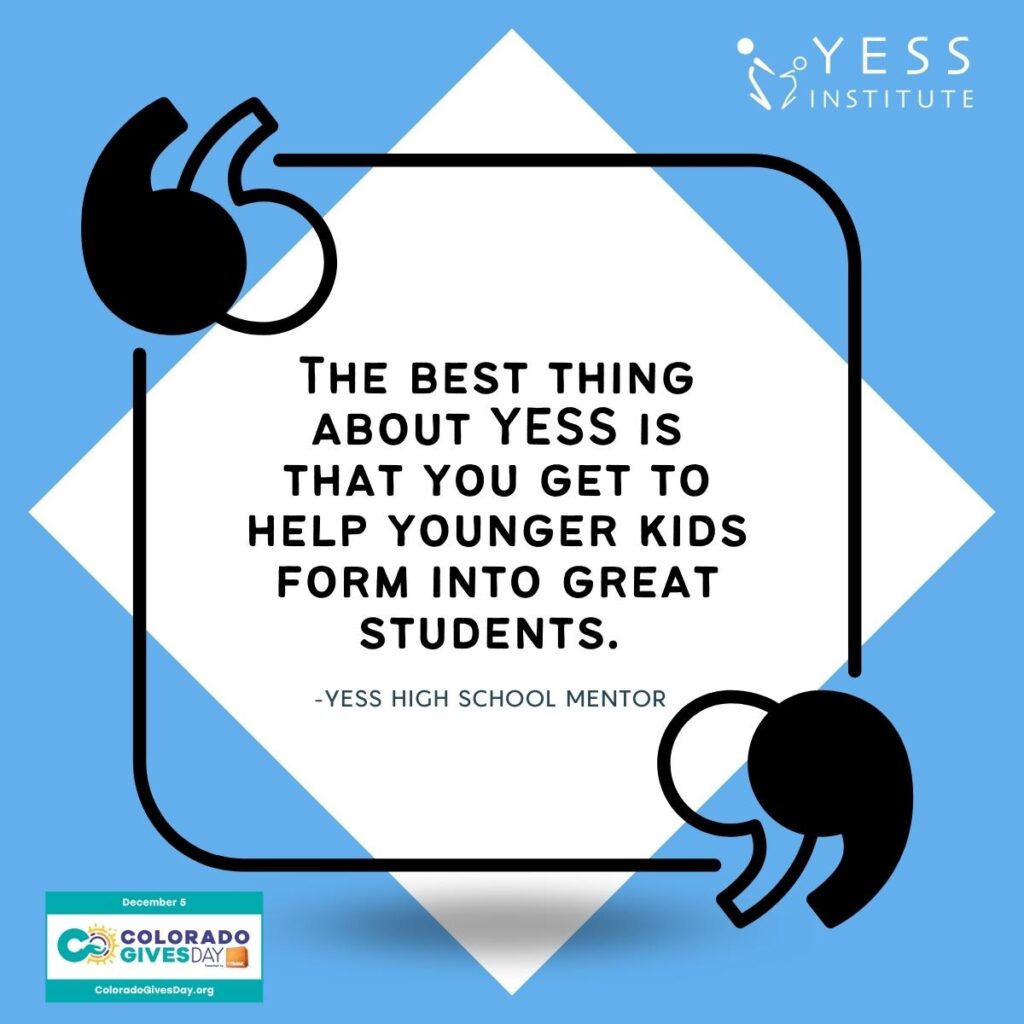About YESS
For the past two decades, the YESS Institute has been a pivotal force in shaping the futures of young people through its innovative and impactful programs. Founded with a vision to empower youth, the YESS Institute has dedicated itself to supporting youth development through a multifaceted approach. This approach encompasses peer mentoring, inclusive community building, and an expertly designed curriculum aimed at fostering social-emotional learning and leadership.
At the heart of the YESS Institute’s mission are its In-School & Mentoring Programs, which provide crucial support and guidance to students within the school environment. The institute also recognizes the importance of adapting to technological advancements and changing educational needs, offering eLearning Youth Development Programs that extend its reach beyond traditional classroom settings.
Additionally, the YESS Institute places a strong emphasis on Workshops & Community Development, ensuring that students are not only academically prepared but also socially and emotionally equipped to navigate the complexities of modern life. The organization’s commitment to nurturing future leaders extends to Mentoring Training for Youth and Adults, wherein staff are equipped with the tools to teach social-emotional intelligence to their peers and mentees.
With a history spanning two decades, the YESS Institute stands as a testament to the power of dedicated mentorship, innovative educational approaches, and the unwavering belief in the potential of every young person it serves.
The Founding Vision
In 2001, the YESS Institute was born out of a pressing need to support young people beyond the traditional academic framework. The founders envisioned an organization that would not only assist with academic challenges but also nurture emotional and social development.
A Unique Approach
Central to the YESS Institute’s philosophy is a holistic approach to youth development. This approach focuses on key pillars: CARE, COMMUNICATION, CONNECTION, TRANSPARENCY, and EMPOWERMENT. These principles have guided the institute in creating programs that address the multifaceted needs of young people.

Programs that Make a Difference
Over the years, the YESS Institute has developed a range of programs targeting different aspects of youth development. These include:
1. Mentorship Programs: Pairing students with mentors who provide guidance, support, and a positive role model.
2. Academic Support: Offering tutoring and educational resources to help students excel in their studies.
3. Life Skills Workshops: Equipping young people with essential skills for personal and professional success.
4. Community Engagement Initiatives: Encouraging students to participate in community service, fostering a sense of civic responsibility
Expanding Reach and Deepening Impact
The growth of the YESS Institute is a story of expanding reach and deepening impact. From its initial focus on the Denver area, the institute has extended its services, touching the lives of thousands of students across various communities. This expansion reflects the growing recognition of the institute’s effective approach to youth development.
Success Stories and Testimonials
The true measure of YESS Institute’s success lies in the stories of the individuals it has impacted. From students who’ve overcome academic hurdles to those who’ve developed into community leaders, the institute’s influence is evident. The annual report is replete with testimonials from stakeholders, painting a vivid picture of the positive change enacted by YESS.

Challenges and Lessons Learned
Like any organization, the YESS Institute has faced its share of challenges. Adapting to the changing needs of youth, navigating funding landscapes, and evolving its programs have been ongoing processes. These challenges have been met with resilience and a learning mindset, further strengthening the institute’s resolve.
Looking Ahead: Future Goals and Aspirations
As the YESS Institute celebrates two decades of service, it also looks to the future with renewed vigor. Plans for expanding program offerings, reaching more communities, and continuing to innovate in the field of youth development are in the works.
Conclusion
The journey of the YESS Institute is a remarkable story of commitment, growth, and positive impact. As the institute celebrates this milestone, it stands as a model of how passion and purpose can create lasting change in the lives of young people and the broader community.